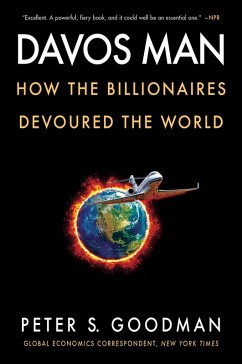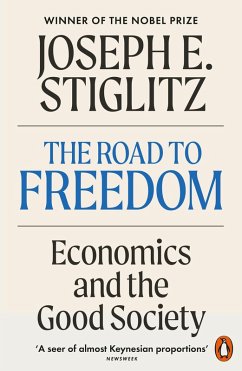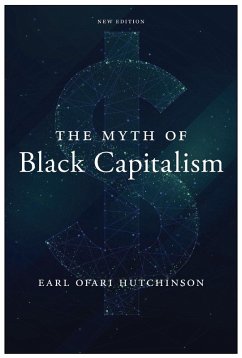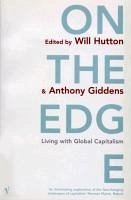
The Wealth of Nations (eBook, ePUB)

PAYBACK Punkte
4 °P sammeln!
In 1776, the same year Thomas Jefferson wrote the Declaration of Independence, Scottish philosopher and economist Adam Smith published a book called "The Wealth of Nations." At the time of its first publication, "The Wealth of Nations" was well received by academics and in highly educated circles, but it wasn't necessarily seen as the cornerstone of capitalism, which was the economic system Europe and America would develop as the Industrial Revolution took hold. There are three popularised economic concepts that can be credited back to "The Wealth of Nations": division of labour, productivity ...
In 1776, the same year Thomas Jefferson wrote the Declaration of Independence, Scottish philosopher and economist Adam Smith published a book called "The Wealth of Nations." At the time of its first publication, "The Wealth of Nations" was well received by academics and in highly educated circles, but it wasn't necessarily seen as the cornerstone of capitalism, which was the economic system Europe and America would develop as the Industrial Revolution took hold. There are three popularised economic concepts that can be credited back to "The Wealth of Nations": division of labour, productivity and free markets.
Dieser Download kann aus rechtlichen Gründen nur mit Rechnungsadresse in A, B, BG, CY, CZ, D, DK, EW, E, FIN, F, GR, HR, H, IRL, I, LT, L, LR, M, NL, PL, P, R, S, SLO, SK ausgeliefert werden.













